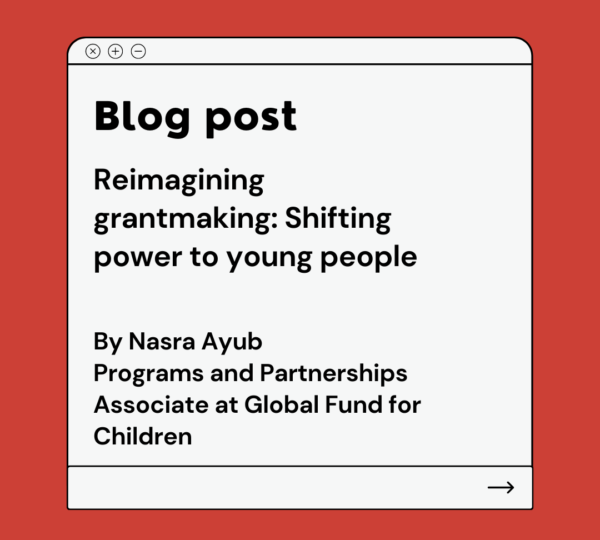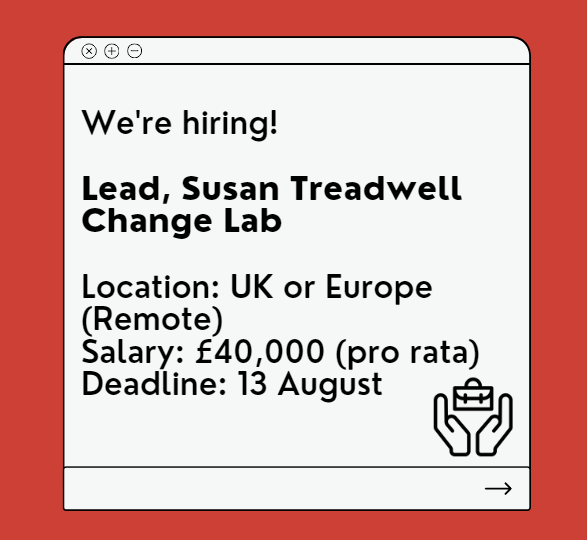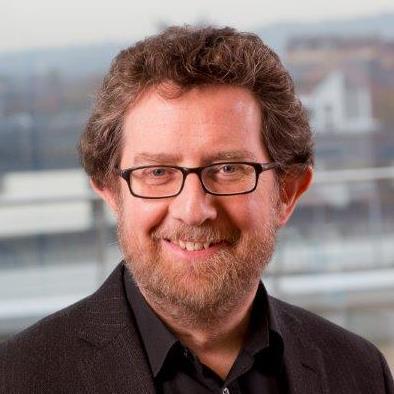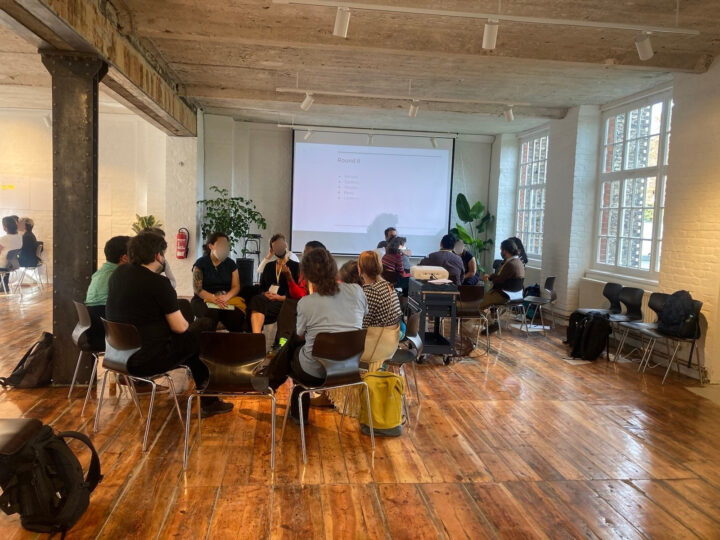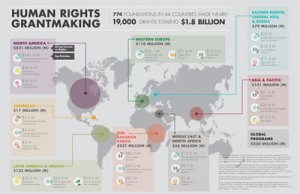 Ariadne and the International Human Rights Funders Group have been collecting grants data from all their members to create a suite of knowledge tools to assist funders and civil society. Some of these tools are available to all via our website, but the more detailed information, right down to grant level, is only accessible via password for Ariadne and IHRFG members. Funders and civil society groups are making use of this information in different ways, here Yervand Shirinyan, Deputy Director, Human Rights Initiative, Open Society Foundations looks how funders can use the knowledge tools:
Ariadne and the International Human Rights Funders Group have been collecting grants data from all their members to create a suite of knowledge tools to assist funders and civil society. Some of these tools are available to all via our website, but the more detailed information, right down to grant level, is only accessible via password for Ariadne and IHRFG members. Funders and civil society groups are making use of this information in different ways, here Yervand Shirinyan, Deputy Director, Human Rights Initiative, Open Society Foundations looks how funders can use the knowledge tools:
Did you know that in 2011 the top one percent of funders, comprising seven foundations, provided for about 40 percent of all grant dollars spent on human rights? That top one percent of recipients accounted for 29 percent of all grant dollars? That bottom 80 percent of recipients accounted for almost 20 percent of all grant dollars? This information is based on an analysis that the Colombia-based NGO Dejusticia is doing, made possible thanks to the Knowledge Tool for Funders Initiative, which for several years has been collecting information and human rights grants data from foundations.
As a global funder of human rights, it is critical for us to understand the donor landscape, have a sense of how funds are being spent in various geographies, as well as capture data on what issues donors spent money. This tool provides such an opportunity, but also goes beyond. For example, if you are interested in funding disability rights work, which is one of the populations the tool tracks, you will be able to see that in 2012 only three percent was spent on this, out of the total USD 1.8 billion and only 5 percent of the total number of grants made. It is then up to you to decide what to do with this information. For us at Open Society Human Rights Initiative, this has meant a strong commitment to supporting the disability rights movement, with a particular focus on the rights of those with psychosocial and intellectual disabilities.
Such information provides very valuable strategic insight. If you compare how funds where distributed geographically in 2012, you will see that Asia and Pacific received only 8 percent of total funds, and North Africa and Middle East received 3 percent. Such information is very valuable as foundations need to make difficult choices about geographies they engage in. This has led us think hard about where we are investing and on what kind of issues, in order to achieve the kind of change we are pursuing.
If any European funder would like to contribute their data for 2013 and 2014, and hasn’t done so yet, please contact lori.stanciu@ariadne-network.eu


